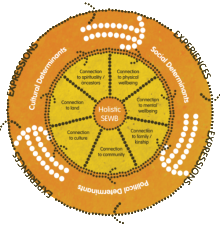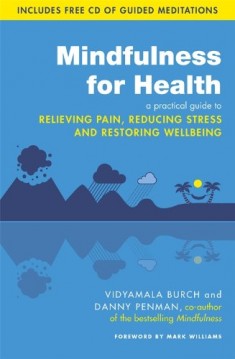If we are to help Indigenous people improve their health and well-being, then we must understand the nature of the problems. Sadly, parts of government do not have that understanding, as illustrated by Professor Judy Atkinson. [View from 9’20” until 17’39”]







